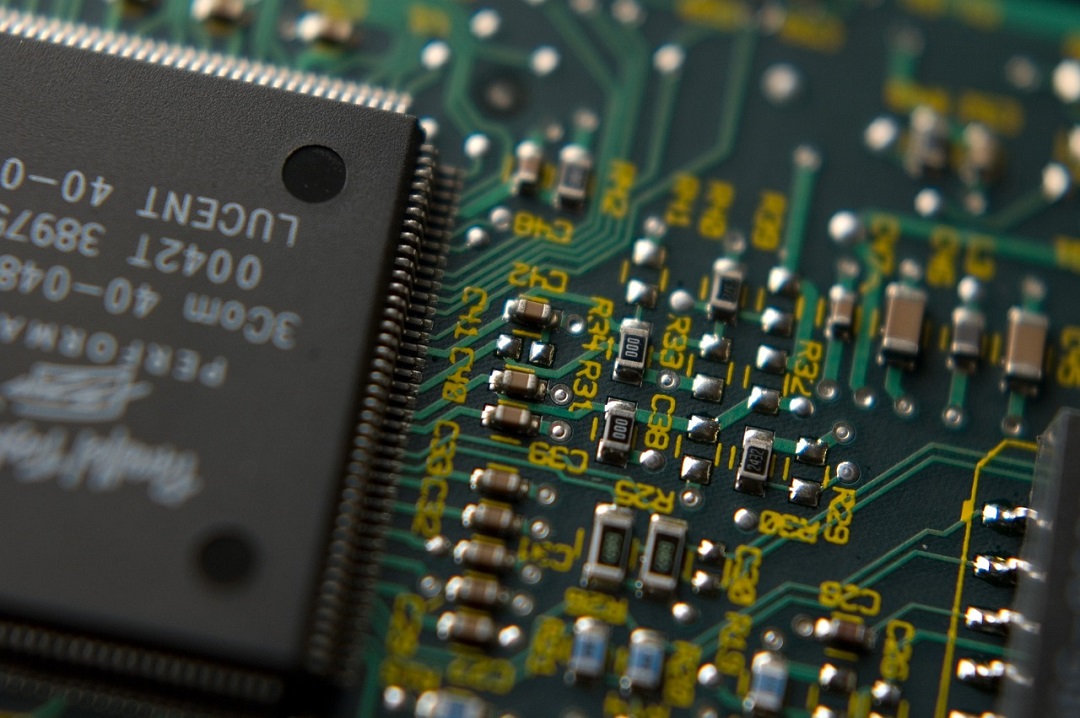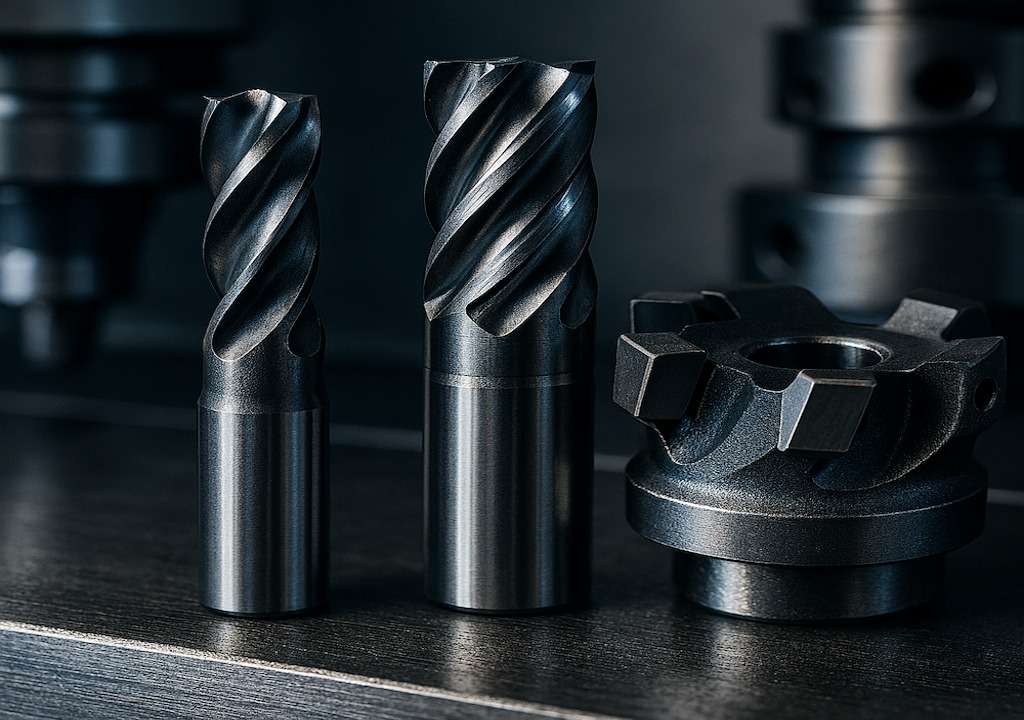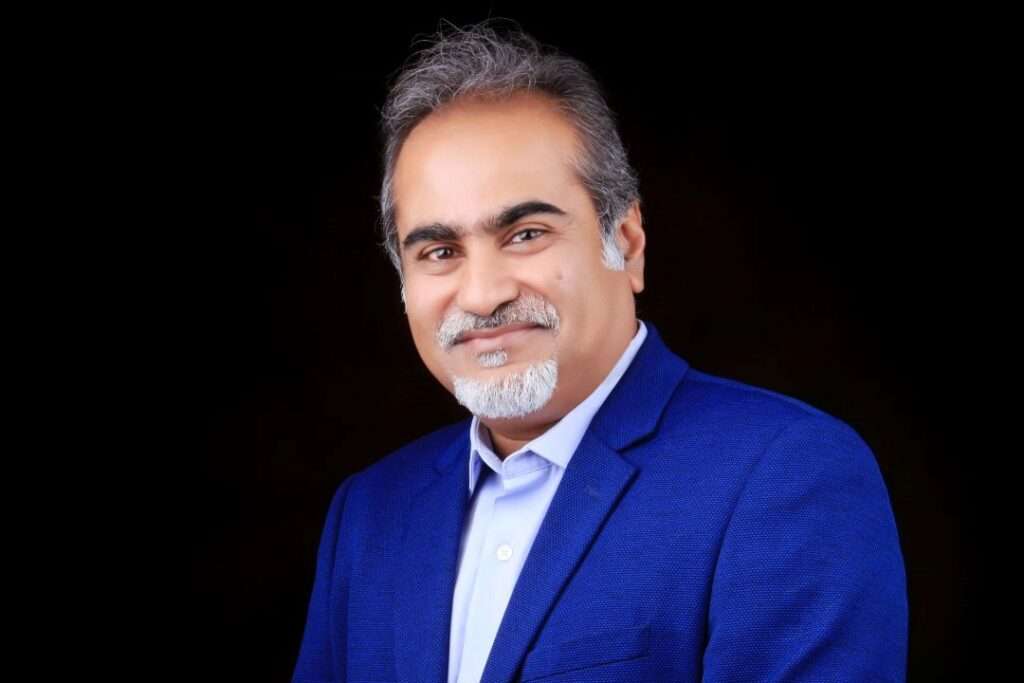India is projected to require around 10-20 chip manufacturing plants within the next decade, according to Semi President and CEO, Ajit Manocha. Speaking at an event on Wednesday, Manocha highlighted the growing interest in India’s semiconductor industry, particularly following the successful ventures of Taiwanese tech giants Foxconn and Wistron in the country.
“Looking ahead to the next 10 years, I estimate that India may need between 10 and 20 semiconductor fabs. This is, of course, an approximation,” Manocha stated. His comments underscore the potential expansion of the semiconductor ecosystem in India as the nation positions itself as a hub for global chip manufacturing.
Semi, an international association of electronics manufacturers and design companies, will be organizing the inaugural global conference on the semiconductor ecosystem—Semicon India 2024. Scheduled to take place from September 11-13 in Noida, the event is expected to be a major milestone in India’s efforts to establish itself as a key player in the global semiconductor industry.
With over 40 years of expertise in the semiconductor field, Manocha brings a wealth of experience to the table. Prior to his current role, he served as the CEO of GlobalFoundries, a leading semiconductor foundry, between 2011 and 2014. He also held the position of executive vice president and chief manufacturing officer at NXP Semiconductors, another major player in the global semiconductor space.
Manocha emphasized that the Indian government has implemented a clear and supportive policy framework designed to foster the growth of the semiconductor industry in the country. He noted that, for the first time, several key factors are aligning in favor of India’s rise as a semiconductor manufacturing destination.
“Right now, the stars are truly aligning in India’s favor. Public policy, geopolitical dynamics, and investment capabilities are all working to India’s advantage,” Manocha said. The semiconductor industry has been greatly impacted by global supply chain disruptions and geopolitical shifts, positioning India as a potential beneficiary of companies looking to diversify their manufacturing locations.
The upcoming Semicon India event has garnered significant attention, with more than 650 booths and over 250 companies slated to participate. Manocha noted that the available space has already been filled to capacity, reflecting the high level of interest in the event. “We would have liked to host more companies, but we simply don’t have the space,” he added.
Among the companies establishing semiconductor units in India are Tata Electronics, Micron, CG Power, Suchi Semicon, and Kaynes Technologies. Notably, Tata Electronics is constructing two separate facilities, including India’s first large-scale wafer fabrication plant.
Manocha further remarked on the pivotal role of artificial intelligence (AI) in driving the demand for semiconductors. He explained that AI is now a key factor behind two-thirds of the growth in the semiconductor sector, highlighting the transformative impact of AI on the industry’s future trajectory.
To attract more global investors, Manocha stressed the importance of ensuring that the current investments in wafer fabrication and chip packaging plants are successful. He believes that success in these initial ventures will build investor confidence and encourage further investment in India’s semiconductor ecosystem.
Semi is a global industry association representing electronics manufacturers and design companies. With a focus on promoting innovation and collaboration across the semiconductor supply chain, Semi supports companies involved in the design, manufacturing, and deployment of semiconductors and related technologies.








